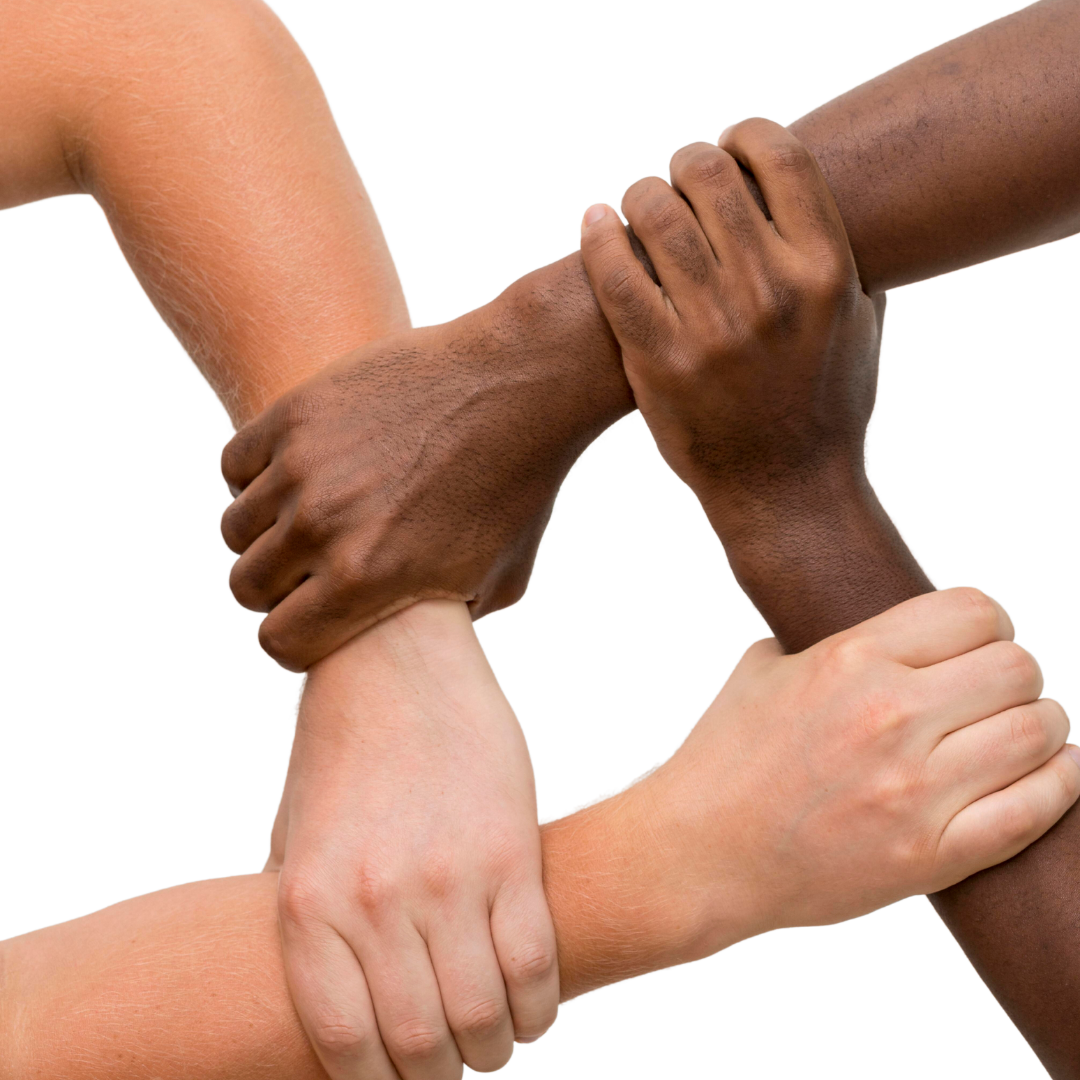ANNOUNCEMENT
Sustainable Peace & Resilience
YOTA works with partners to create enabling environments for youth to lead, participate in and benefit equally from all aspects of peace, security, disaster risk reduction, and humanitarian action.
Experience has taught us that the inclusion of youth in peace processes increases the probability of long-term peace and development. The United Nations Security Council Resolution 2250 on Youth, Peace and Security adopted in 2015 provides specific guidance for this strategic objective.
It recognises that “young people play an important and positive role in the maintenance and promotion of international peace and security” and identifies five key pillars for action: participation, protection, prevention, partnerships, and disengagement and reintegration.

In this regard, YOTA works to support African governments to give youth a greater voice in decision-making at the local, national, continental and international levels and to consider setting up mechanisms that would enable young people to participate meaningfully in peace processes.
YOTA’s activities focus on ensuring that more youth play a greater role and are better served by humanitarian response and recovery efforts. This includes ensuring that youth organisations play a leadership role in response and recovery efforts, and that youth have access to information, skills and resources to secure livelihood opportunities in humanitarian contexts.
Our work ensures that more youth play a greater role in and are better served by disaster risk management processes. This includes preparing youth-responsive risk analyses and supporting the contribution of youth and youth organizations to disaster risk management plans, as well as youth-responsive recovery preparedness.
YOTA’s work also includes building the evidence-base on the benefits of youth participation in peace and security and humanitarian action, enhancing capacity for youth to engage in peace and security processes and humanitarian action, and advocating for increased investments in youth, peace and security initiatives and gender-responsive humanitarian action.



